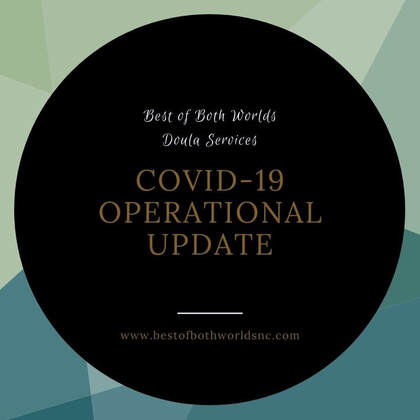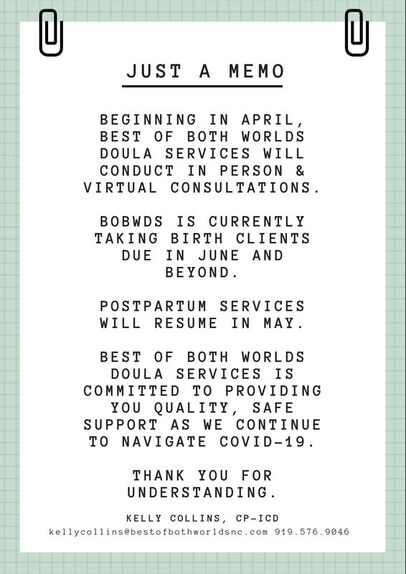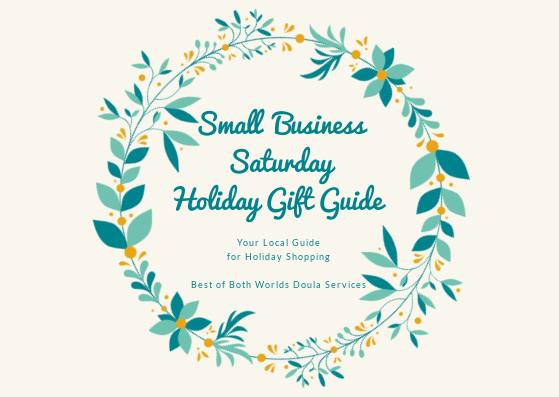WATER (HYDRATION & SAFETY): Hydration is key for normal body function and helps regulate body temperature, deliver nutrients to cells and keep organs working properly. Avoid dehydration by drinking at least 6-8 glasses of water a day. You can also eat your water by eating fruits and veggies with a high water content like cucumbers, celery, strawberries, tomatoes and melon (this is a great option for kids or pregnant women). Water safety should also be a priority, especially for children or pets. Swim lessons can help you and your children learn safety protocols and build confidence around water. Pool fences are great for protection too.
SUN PROTECTION: Protecting your skin and eyes from the sun is very important. Whether you're outside for 10 minutes or spending the day poolside, you'll want to apply sunscreen, wear shades and/or a hat. You will greatly decrease your risk of sunburn, wrinkles, skin damage or eye injury/disease.
MOSQUITOS & TICKS: The best protection against mosquitos and ticks is covering you skin. The next best thing is a good repellent with DEET and wearing light colored clothing to easily spot ticks. Also, keep your grass cut low, clear away any leaves and debris and be sure to remove any standing water around that may attract mosquitos.
SNAKE ALERT: The snakes are out! They will likely be in tall grass basking in the sun or hunting. Be mindful when doing yardwork or spending time outside. Your best course of action is to purchase some 'snake away' to keep them at bay. Remember, you are more likely to be bitten if you try to kill them so it's best to stay away.
REMEMBER YOUR PETS: Don't forget to protect your pets too. Dogs and cats should receive regular flea & tick treatments and heart guard meds. Protect their paws from the hot pavement with booties/socks and keep them well hydrated and out of direct heat. Never leave them in the car.
Staying alert and being mindful of these things will help keep your loved ones out of harm's way to enjoy every minute of summer.








 RSS Feed
RSS Feed